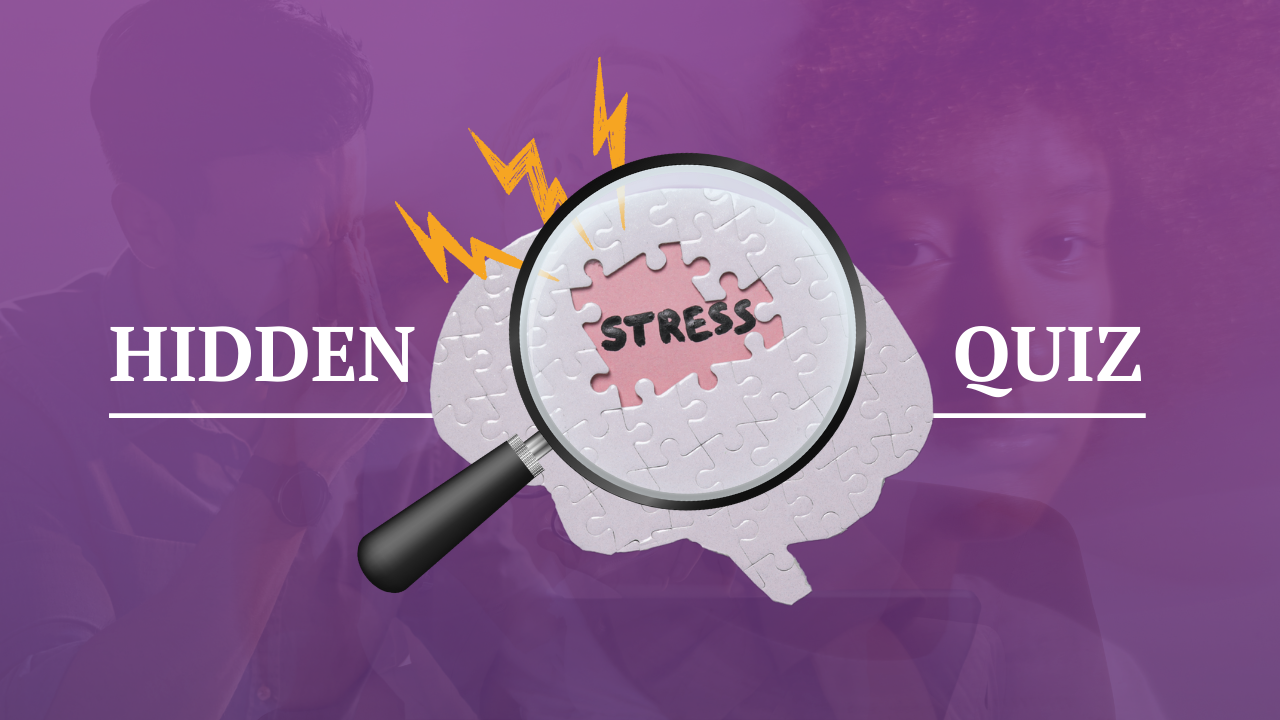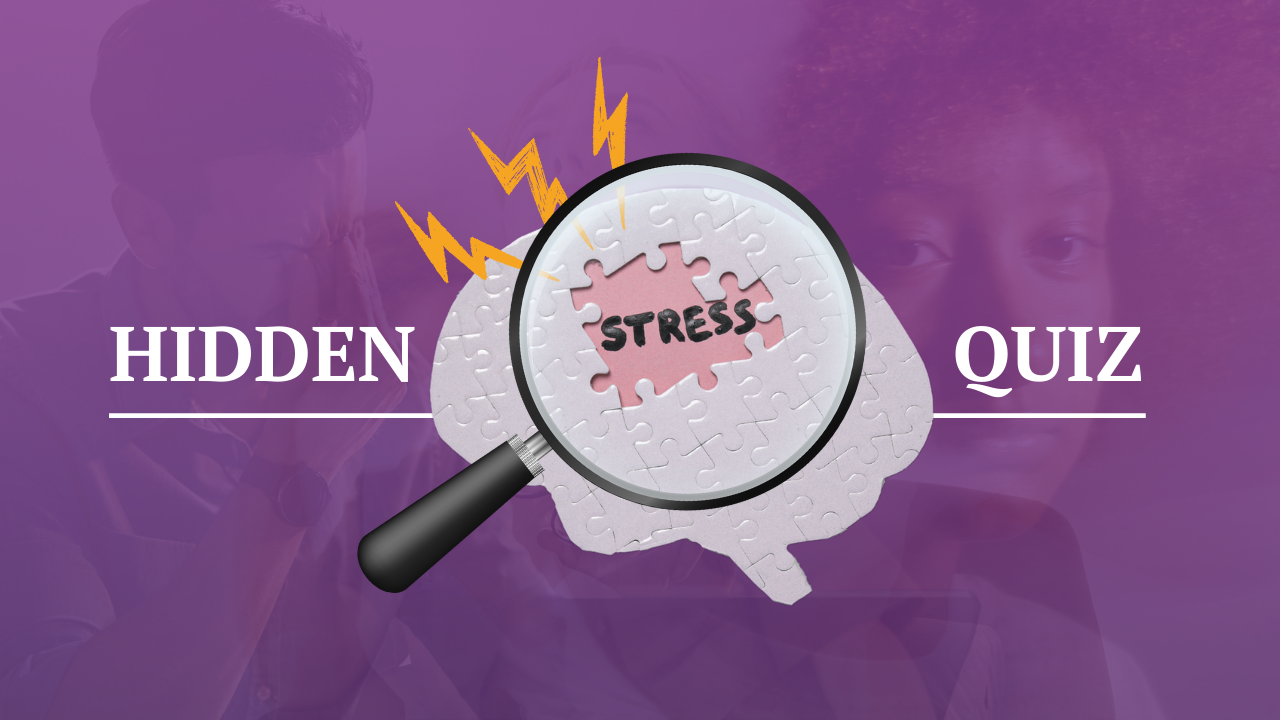7 Strategies to Help Unwrapping the Gift of Boundaries
Dec 25, 2024
Last week, one of my long-term clients, whom I’ll call Kayla (a pseudonym to protect her identity), shared her latest struggle. She’s a Black woman in her mid-thirties, juggling a high-pressure job, family responsibilities, and community obligations. Despite her success, Kayla was exhausted and overwhelmed.
“I feel like I’m constantly giving, but I have nothing left for myself,” she admitted, her voice tinged with guilt. “I don’t want to disappoint anyone, but I’m so tired.”
Kayla's story is far too common, particularly for Black women who carry the weight of expectations from all directions—work, family, and community—while also confronting societal pressures that reinforce the "Strong Black Woman" stereotype. This narrative often leaves little room for vulnerability, rest, or boundaries, as we feel we must always be available, resilient, and supportive.
Kayla’s experience resonated deeply with me as her therapist and as a Black woman who understands the cultural and emotional complexities of setting boundaries. It's challenging for us to say “no” when we’ve been conditioned to prioritize others' needs over our own, often leading to burnout and emotional exhaustion.
As we enter the holiday season—a time that can be both joyous and overwhelming—I want to encourage us to view boundaries as the ultimate act of self-care. Setting boundaries isn’t about shutting people out; it’s about creating the necessary space to protect our well-being, energy, and peace. Today, I’ll share insights on how Black women can set healthy boundaries and be free from guilt. I will also offer a reflective worksheet to help you assess where you need more freedom and space in your life.
Understanding Boundaries: What They Really Mean
At its core, setting boundaries is about protecting your emotional, physical, and mental space. According to research in psychology, boundaries are critical for maintaining healthy relationships and preventing burnout (Schneiderman et al., 2005). Boundaries help define what you are comfortable with and how you expect others to treat you personally and professionally.
For Black women, the need for boundaries can be even more pressing due to societal expectations and the cultural demand to constantly be "strong" or "unbreakable" (Donovan & Williams, 2002). Historically, Black women have been socialized to carry the emotional burdens of others, often suppressing our own needs in the process. The toll this takes on our mental health is significant.
In fact, research shows that chronic stress from racial and gendered expectations contributes to high rates of anxiety, depression, and physical health problems in Black women (Woods-Giscombe, 2010). This is why boundaries are not just important—they’re essential for our survival and well-being.
Why We Struggle With Boundaries: The Guilt Trap
One of the biggest challenges in setting boundaries is the guilt that often follows. We’re taught that saying “no” is selfish, especially regarding family and community. For many of us, there’s an ingrained sense of duty—whether it's caring for extended relatives, volunteering for community events (seeing more clients than I have the emotional capacity for), or being the emotional anchor for friends.
Kayla shared this struggle in her sessions. She felt that she would be seen as unreliable or uncaring if she said "no" to her family or colleagues. But over time, we explored how this mindset was leading her to feel depleted and unappreciated. I reminded her, and now I remind you: Your worth is not tied to how much you give.
Setting boundaries doesn’t mean you love your family or community any less. It simply means you are acknowledging your human limitations and choosing to prioritize your health, which is something that benefits everyone in the long run.
Strategies for Setting Healthy Boundaries Without Guilt
While setting boundaries can initially feel uncomfortable, it becomes easier with practice and reflection. Here are some strategies to help you establish and maintain boundaries in your relationships, work, and community life, without the accompanying guilt:
1. Identify Your Limits
To set effective boundaries, you first need to understand where your limits are. Pay attention to situations that make you feel drained, anxious, or resentful. These are signs that your boundaries are being crossed. Take time to reflect on what you can realistically give without sacrificing your well-being.
2. Communicate Clearly and Directly
When setting a boundary, clarity is key. You don’t have to over-explain or justify your decisions. For example, if you're asked to take on an additional work project but already feel stretched thin, a simple "I'm currently at capacity and won't be able to take this on" is enough. Remember, "no" is a complete sentence.
3. Practice Saying "No"
Many of us feel pressured to say "yes" to everything out of fear of disappointing others. Start by practicing small "nos." Whether it's declining an invitation or opting out of an extra responsibility, the more you practice, the easier it becomes to stand firm in your decisions.
4. Manage Your Guilt
It’s normal to feel guilty when setting boundaries, especially if it’s new for you. However, guilt often indicates that you’re breaking out of old patterns. Instead of avoiding guilt, acknowledge it and remind yourself that setting boundaries is necessary for your health and peace of mind.
5. Prioritize Rest and Self-Care
Rest is not a reward—it’s a necessity. You're replenishing your energy reserves by prioritizing rest, whether through physical relaxation, mindfulness practices, or hobbies you enjoy. This makes it easier to show up fully in the areas of your life that matter most.
6. Seek Support
Surround yourself with people who respect and support your boundaries. This may include a therapist, trusted friends, or a support group. It’s essential to have a network of people who understand the importance of boundaries and can encourage you to maintain them, especially when it's difficult.
7. Reflect on Your Progress
Boundaries evolve over time. It’s important to assess where you stand and make adjustments as needed regularly. You might find that some boundaries no longer serve you or that new ones are needed as your life changes. Use my Discover Your Personal Freedom worksheet to help guide your reflection and identify areas where you can create more space in your life.
Scientific Support for Setting Boundaries
The benefits of setting boundaries are well-documented in psychological research. A study by Kocovski and Endler (2000) found that individuals who actively set boundaries and manage their time and energy experience lower levels of stress and burnout. Additionally, boundaries contribute to stronger, healthier relationships, preventing resentment from building up over time (Schneiderman et al., 2005).
For Black women, the intersection of race and gender often means that we face additional stressors in our personal and professional lives (Woods-Giscombe, 2010). Setting boundaries is a way to protect ourselves from the compounded effects of these pressures, allowing us to nurture our emotional and physical well-being.
Practical Tips for Setting Boundaries in Various Areas of Life
-
At Work: Set clear expectations around your availability and workload. Advocate for yourself if you’re asked to take on too much.
-
In Relationships: Be honest with your loved ones about your emotional and physical limits. Communicate your needs without fear of disappointing them.
-
In the Community: It’s okay to take breaks from community involvement if you’re feeling overwhelmed. There will always be opportunities to contribute when you’re in a better space mentally and physically.
-
During the Holidays: Holiday gatherings often bring additional pressure. Prioritize which events you truly want to attend and decline the rest, guilt-free.
-
With Yourself: Hold yourself accountable for your self-care. Make rest and rejuvenation a non-negotiable part of your routine.
Unwrapping the Gift of Boundaries
As we celebrate the holidays and reflect on the year ahead, I encourage you to think of boundaries as a gift you give to yourself. By setting limits, you’re creating the freedom to live authentically without the burden of constant obligation or guilt. Use this season to recharge, reclaim your energy, and start 2025 with a renewed sense of purpose and peace.
Remember, setting boundaries is not an act of selfishness—it’s an act of self-love. And when we love ourselves fully, we are better able to love and serve others.
Wishing you a restful holiday season filled with peace, joy, and healthy boundaries!
References
Donovan, R. A., & Williams, M. (2002). Living at the intersection: The effects of racism and sexism on Black women’s mental health. Journal of Black Psychology, 28(3), 267-289.
Kocovski, N. L., & Endler, N. S. (2000). Coping with stress: The role of defence mechanisms, coping styles, and personality. Personality and Individual Differences, 29(3), 621-633.
Schneiderman, N., Ironson, G., & Siegel, S. D. (2005). Stress and health: Psychological, behavioral, and biological determinants. Annual Review of Clinical Psychology, 1, 607-628.
Woods-Giscombe, C. L. (2010). Superwoman schema: African American women’s views on stress, strength, and health. Qualitative Health Research, 20(5), 668-683.


